Good 43º morning.
Yesterday the super dense fog lasted until about 11am and it cleared out. Blue sky was visible.
We topped at 61º.
Picture of the Day
Interesting about the first car made...
The history of the automobile, also known more simply as the car, dates back to the seventeenth century. However, clearly identifying the first car ever built can be more challenging. For example, some historians claim that early steam-powered vehicles were the first cars, while others argue that vehicles with gasoline-powered combustion-engines are the first true cars. Similarly, various other types of vehicles, which were often powered by steam, have been identified through history. However, the invention of the first car is typically attributed to two German inventors who were working independently in the late 1800s. After receiving a patent on January 29, 1886, Karl Benz is credited for producing the first modern car.
The first steam-powered vehicle large enough to carry passengers was designed by French inventor Nicolas-Joseph Cugnot during the late eighteenth century. Cugnot built an experimental artillery tractor from 1770 to 1771, which weighed over 2.5 tons and had one thick front wheel with two large rear wheels. The car could carry up to four people but was considered to be impractical for various variables, including the fact that the boiler was positioned in front of the vehicle, which was made it difficult to drive.
French inventor and politician Francois Isaac de Rivaz built the first vehicle powered by an internal-combustion engine in 1808, and the first gasoline-powered combustion engine was installed on a pushcart by German inventor Siegfried Marcus in 1870. Siegfried made a 2-cycle combustion engine and later a 4-cycle engine that was powered by gasoline. Siegfried later refined his invention with the addition of a brake, clutch, and steering. Wilhelm Maybach and Gottlieb Daimler built the first car from scratch in 1889 in Stuttgart, Germany, while Frederick Bremer made the first petrol driven car in 1892 in Walthamstow, England, followed by Frederick Lanchester in Birmingham, England.
The first practical cars featured gasoline/petrol-powered internal-combustion engines. These cars were built by numerous German inventors, with Karl Benz’s invention being considered as the first practical car in the world. Benz replaced the horse of a horse-carriage with an engine that was able to run on fuel. The vehicle had three tires and had a front wheel that was smaller and lighter than the rear wheels in order to ensure that the car performed well in hilly terrain. Benz's engine weighed about 220 pounds, was capable of generating about 0.75 horsepower, and was the most efficient engine at that time. His first car was built in Mannheim, Germany in 1885, and subsequently patented on January 29, 1886. Mass production of Benz's car began in 1888 after a successful trip with his family from Mannheim to Pforzheim in August of that year.
Henry Ford gets the credit for the first assembly line and production of cars in mass, with the Model T in 1908.
From Mr. Food
Creamy Chicken Ravioli Skillet
- 1 (12-ounce) package frozen cheese ravioli
- 2 tablespoons butter
- 2 cups half-and-half
- 1 1/2 cups refrigerated shredded Parmesan cheese
- 1/2 teaspoon garlic powder
- 1/4 teaspoon salt
- 1/4 teaspoon black pepper
- 2 cups frozen cooked chicken chunks
- 1 cup frozen peas
- 1/2 cup shredded mozzarella cheese
- 1 (10.5-ounce) package frozen garlic bread sticks, heated according to package directions
- Place ravioli into a large pot of boiling water and return to a boil. Cook for 4 minutes, stirring occasionally; drain.
- Meanwhile, in a large skillet over medium heat, melt butter. Add half-and-half, Parmesan cheese, garlic powder, salt, and pepper. Heat for 3 to 5 minutes or until cheese is melted. Stir in chicken and peas, and continue to cook 6 to 8 minutes or until heated through.
- Add ravioli to skillet and gently stir until thoroughly combined. Sprinkle mozzarella cheese on top, cover, and heat until cheese is melted. Serve with warmed bread sticks.
***Go ahead and change up the veggies. Frozen broccoli, spinach, or mixed vegetables will turn this skillet dish into a weekly favorite! And if you want to brown the cheese on the top, all you have to do is to prepare this in an oven-safe skillet and finish it off in a 425º oven for about 10 minutes.
Historically this date......
1883 – The first electric lighting system employing overhead wires, built by Thomas Edison, begins service at Roselle, New Jersey.
1915 – Georges Claude patents the neon discharge tube for use in advertising.
1935 – Coopers Inc. sells the world's first briefs.
1937 – Howard Hughes sets a new air record by flying from Los Angeles, California to New York City in 7 hours, 28 minutes, 25 seconds.
1953 – 71.7% of all television sets in the United States are tuned in to I Love Lucy to watch Lucy give birth.
1978 – The last Volkswagen Beetle made in Germany leaves VW's plant in Emden. Beetle production in Latin America continues until 2003.
1981 – Iran Hostage Crisis: United States and Iranian officials sign an agreement to release 52 American hostages after 14 months of captivity.
1986 – The first IBM PC computer virus is released into the wild. A boot sector virus dubbed (c)Brain, it was created by the Farooq Alvi Brothers in Lahore, Pakistan, reportedly to deter piracy of the software they had written.
And births this date include...
1839 – Paul Cézanne, French painter (d. 1906)
1939 – Phil Everly, American musician (d. 2014)
1944 – Shelley Fabares, American actress
1946 – Dolly Parton, American singer and actress
1953 – Desi Arnaz, Jr., American actor
1958 – Thomas Kinkade, American painter (d. 2012)
All I know. Nuff said. Have a good Wednesday. Ciao.
xo Sue Mom Bobo
On January 19th, National Popcorn Day pops onto the scene with a crunch we all love to enjoy! The annual celebration recognizes a treat that satisfies munchies, day or night.
This time-honored snack can be sweet or savory, caramelized, buttered or plain, molded into a candied ball, or tossed with nuts and chocolate. However it is enjoyed, enjoy it on National Popcorn Day, January 19th.
The word “corn” in Old English meant “grain” or, more specifically, the most prominent grain grown in a region. As maize was the most common grain in early America, the word “corn” was aptly applied.
As early as the 16th century, the Aztec used popcorn in headdresses worn during ceremonies honoring Tlaloc, their god of maize and fertility. Early Spanish explorers were fascinated by the corn that burst into what looked like a white flower.
Popcorn started becoming popular in the United States in the middle 1800s. It wasn’t until Charles Cretors, a candy-store owner, developed a machine for popping corn with steam that the tasty treat became more abundantly poppable. By 1900 he had horse-drawn popcorn wagons going through the streets of Chicago.
At about the same time, Louise Ruckheim added peanuts and molasses to popcorn to bring Cracker Jack to the world. Then in 1908, the national anthem of baseball was born. Jack Norworth and Albert Von Tilzer wrote Take Me out to the Ballgame. From that point onward, popcorn, specifically Cracker Jack, became forever married to the game.
At the Movies
Another romance connected to popcorn may have had a slow start but eventually took off. Today, who can imagine going to the movies without getting a box of buttered popcorn? While popcorn was an economical choice for a snack food, the expense of installing a machine and adequately venting the building didn’t seem worth the effort. If it weren’t for Glen W. Dickson, we would be purchasing our popcorn from a vendor on the street before taking in the show. Dickson put in the effort and expense of placing machines inside his theaters. After realizing how quickly he recouped his costs, other theater owners followed suit.
The microwave oven spurred the next big advancement for popcorn. With the invention of the microwave, a whole new market opened for the snack food. Magnetrons, a technology produced by Raytheon Manufacturing Corporation for the military during World War II, were later used to develop microwave ovens. Percy Spencer was the man who made it happen. He used popcorn in his initial experiments during the microwave’s development.
Today, Americans consume 13 billion quarts of popcorn a year, more than any other country in the world. A majority of the popcorn produced in the world is grown in the United States. Nebraska leads the corn belt in popcorn production.
NATIONAL POPCORN DAY HISTORY
The a-maizing origins of this pop-ular day is mysteriously amiss. However, the day has been observed since at least 1988.







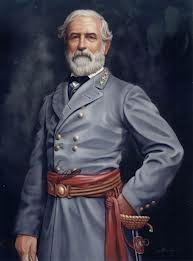
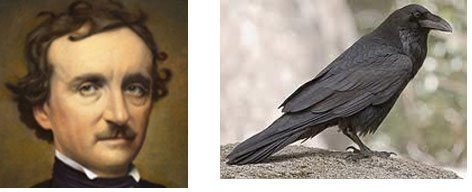

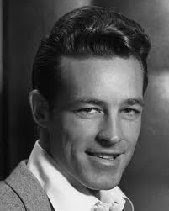
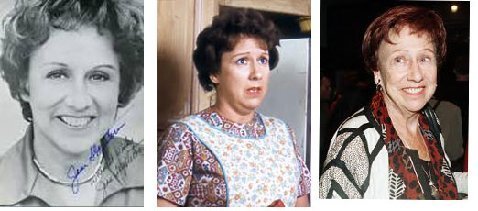

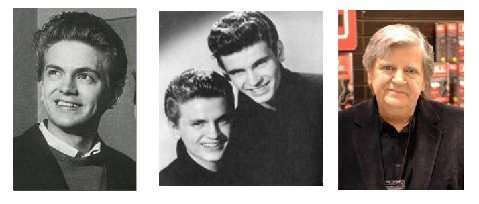


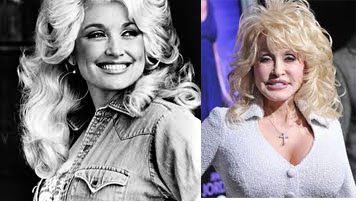
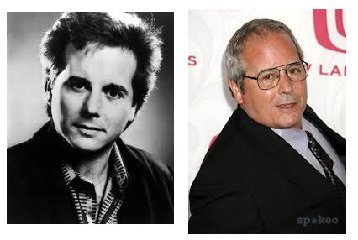


No comments:
Post a Comment